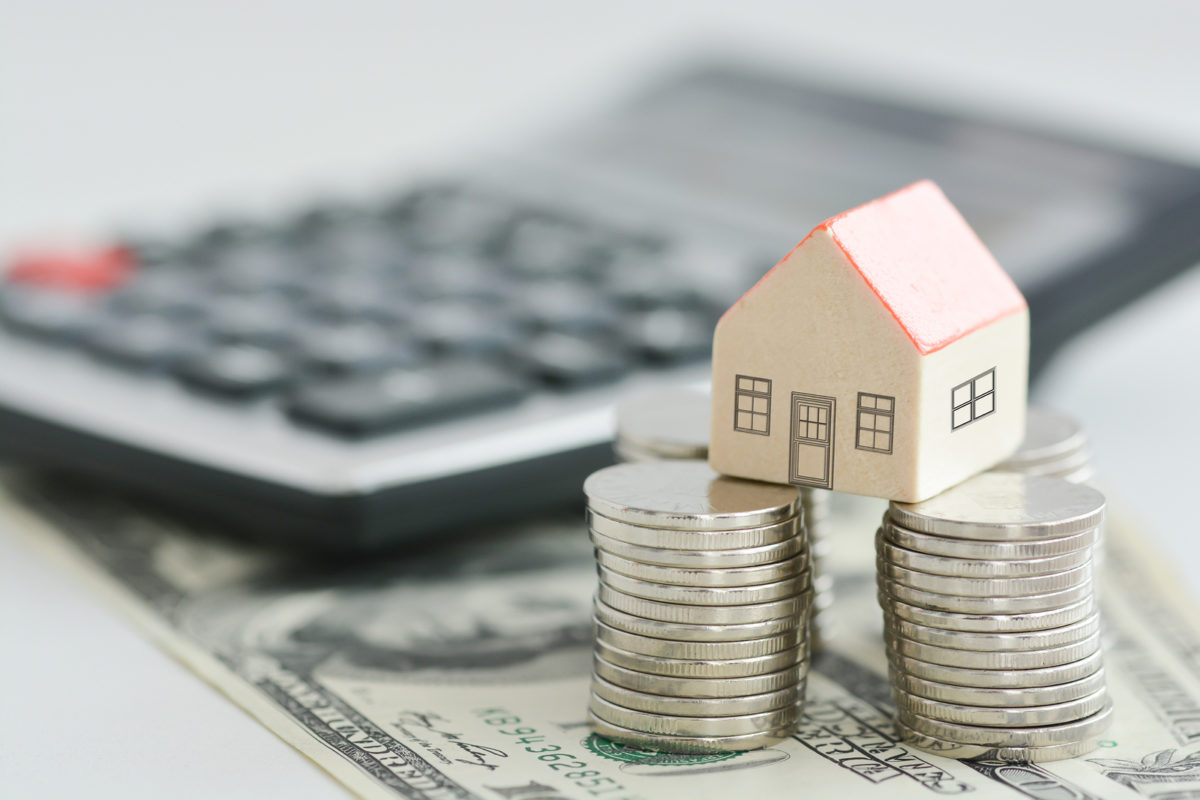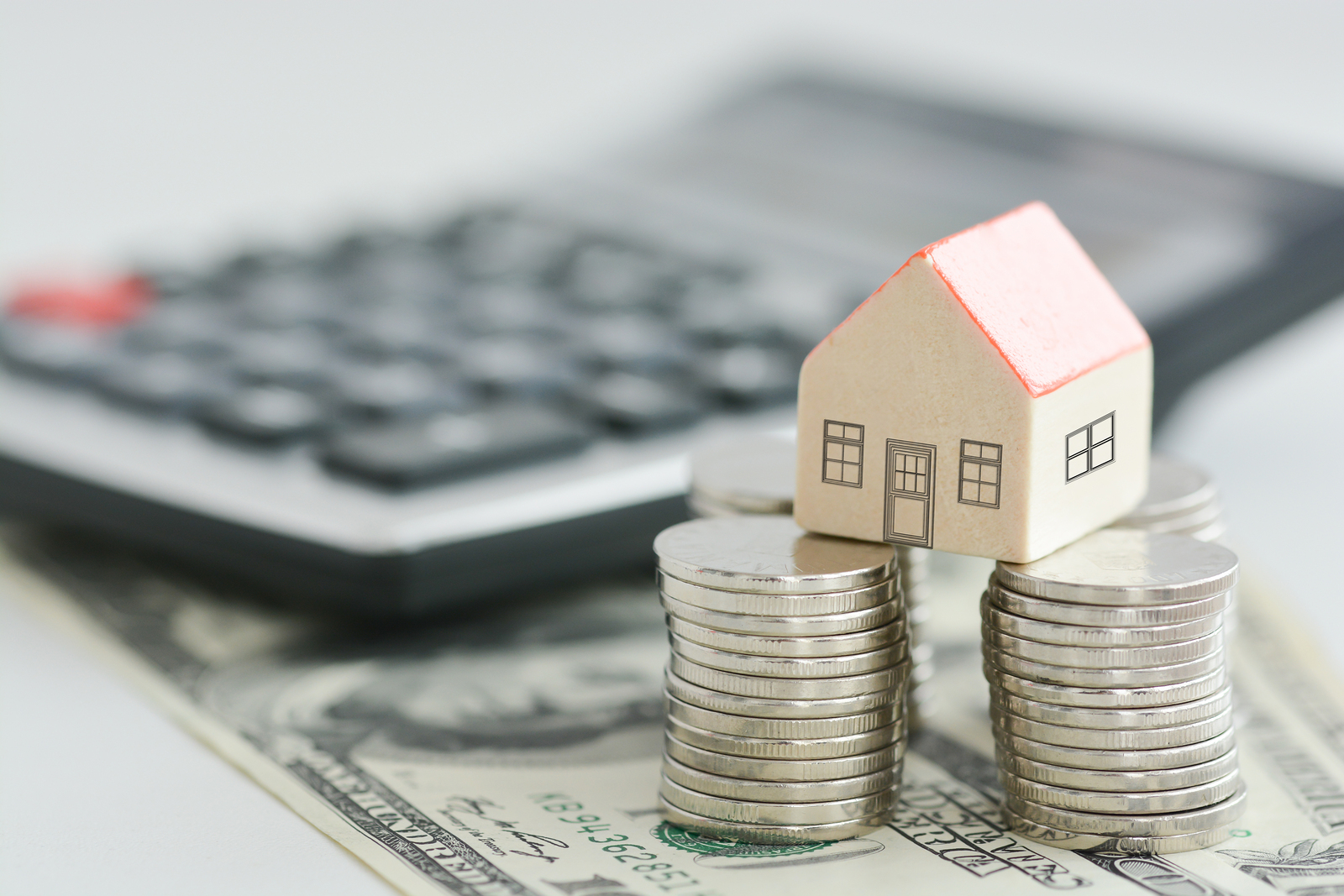Selling your home can be exciting yet challenging. To ensure a smooth and profitable sale, it’s essential to avoid common mistakes that can hinder your progress and reduce your return. Here’s a friendly guide to help you navigate the home-selling process and achieve the best outcome.
Pricing Your Home Incorrectly
One of the most critical mistakes sellers make is pricing their home too high or too low. Overpricing can deter potential buyers and leave your home sitting on the market for an extended period. Underpricing, on the other hand, can lead to a lower return on your investment. Research comparable homes in your area and consider getting a professional appraisal to set a realistic and competitive price.

Neglecting Necessary Repairs
Minor repairs can significantly impact a buyer’s perception of your home. Ignoring necessary repairs like leaky faucets, cracked tiles, or peeling paint can make your home appear poorly maintained. Address these issues before listing your home to make it more appealing. Investing in small repairs can yield a higher selling price and a faster sale.
Skipping Professional Staging
Staging your home can make a big difference in attracting buyers. A well-staged home showcases its best features and helps buyers envision themselves living there. Skipping professional staging or not decluttering and depersonalizing your space can make it harder for buyers to connect with your home. Consider hiring a professional stager or follow staging tips to present your home in the best light.
Poor Quality Photos
In today’s digital age, most buyers start their home search online. High-quality photos are essential to make a great first impression. Poorly lit, blurry, or unprofessional photos can turn off potential buyers before they even step foot in your home. Invest in professional photography to showcase your home’s best features and attract more interest.

Limiting Showings
Making your home available for showings at convenient times is crucial. Limiting showings or being inflexible with scheduling can deter potential buyers. Be prepared to accommodate showings on short notice and keep your home in showing-ready condition. The more accessible your home is, the more opportunities you create for potential buyers to see it.
Ignoring Curb Appeal
First impressions matter, and the exterior of your home is the first thing buyers see. Neglecting curb appeal can make buyers hesitant to explore further. Ensure your lawn is well-maintained, add fresh mulch to garden beds, and consider a fresh coat of paint on the front door. Small improvements can enhance your home’s curb appeal and attract more buyers.
Failing to Market Effectively
Effective marketing is key to reaching a broad audience and selling your home quickly. Relying solely on traditional methods or not utilizing online platforms can limit your reach. Leverage social media, online listings, and professional networks to market your home. Highlight its unique features and create a compelling listing description to attract potential buyers.
Overlooking the Importance of Cleanliness

A clean home is essential for making a positive impression on buyers. Overlooking cleanliness can be a major turn-off. Ensure your home is spotless for showings, including carpets, windows, and kitchen appliances. Consider hiring a professional cleaning service to ensure every corner of your home is immaculate.
Being Emotionally Attached
Selling a home can be an emotional process, but letting emotions drive your decisions can lead to mistakes. It’s important to view the sale objectively and make decisions based on market conditions and professional advice. Detaching emotionally can help you negotiate better and accept reasonable offers.
Not Working with a Real Estate Agent
While it’s possible to sell your home on your own, working with a professional real estate agent can simplify the process and help you avoid common mistakes. An experienced agent brings market knowledge, negotiation skills, and a network of potential buyers. They can provide valuable advice on pricing, staging, and marketing your home.

Avoiding these common mistakes can make your home-selling journey smoother and more profitable. By being informed, prepared, and flexible, you can attract the right buyers and achieve a successful sale. Remember, selling a home is not just about getting the highest price but also about creating a positive experience for potential buyers and making the process as seamless as possible.
Conclusion
Avoiding these common mistakes can make your home-selling journey smoother and more profitable. By being informed, prepared, and flexible, you can attract the right buyers and achieve a successful sale. Remember, selling a home is not just about getting the highest price but also about creating a positive experience for potential buyers and making the process as seamless as possible. With the right approach and attention to detail, you’ll be well on your way to a successful home sale.


